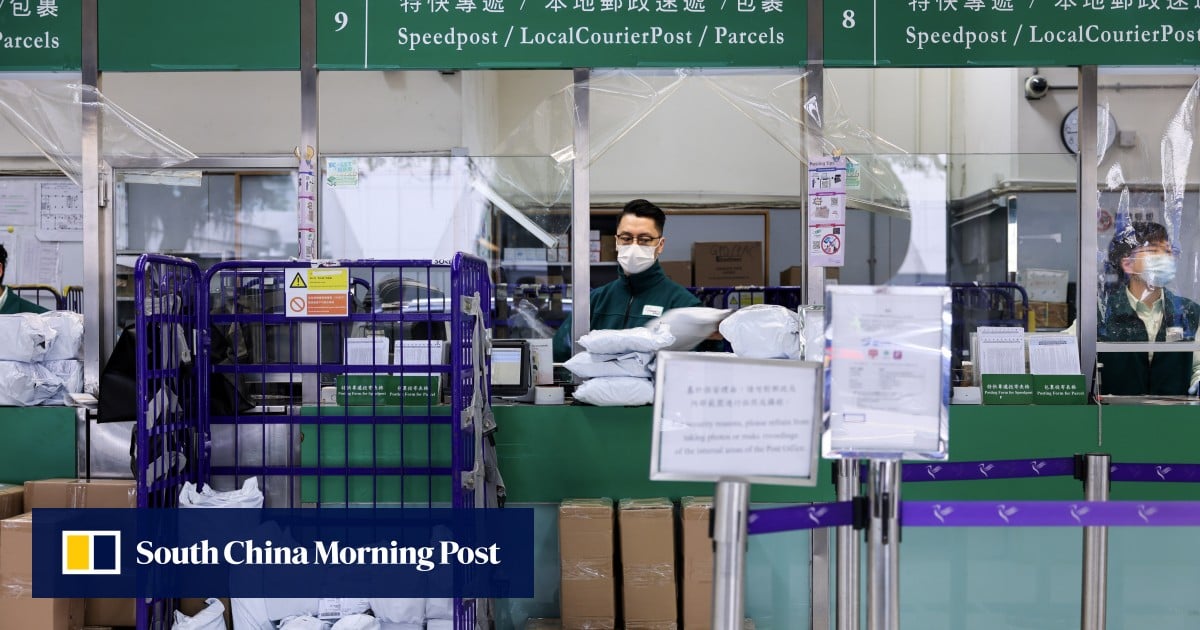
Hong Kong businesses should reflect on whether they have come up with innovative plans to encourage tourists to splash out, rather than merely lamenting the decline in visitor spending, a senior official has said.
Deputy Chief Secretary for Administration Warner Cheuk Wing-hing said on Sunday tourists were still keen to spend, but they had high expectations.
“We cannot just complain about why people aren’t spending money. It’s not that they don’t want to spend, there needs to be places where they find it worthwhile to spend,” he told a radio show.
“Tourists around the world have also developed higher expectations for travel, so we must reflect on whether our products are innovative and appealing enough.”
He said the trend of visitors, particularly those from mainland China, shifting towards diverse activities such as city walks increased the need for the sector to provide quality service to make tourists “feel at home”.
Responding to the remarks, lawmaker Peter Shiu Ka-fai, who represents the retail sector, noted operators needed to embrace innovation to enhance their standards, but staff shortages and strained workloads posed obstacles.
Asked how the government should address the rise of residents heading to neighbouring Shenzhen to spend, Shiu said efforts should focus on attracting more mainlanders and authorities could not prevent people from heading across the border for holidays.
He said initiatives could include resuming multi-entry visas for Shenzhen residents and expanding a “one-trip-per-week” visa scheme to cover mainlanders in other provinces.
John Lee Ka-chiu announced in his policy address on Wednesday last week that a working group would be set up, under Cheuk’s leadership, to develop tourist spots.
Cheuk confirmed on Saturday that the group would hold its first meeting next month to gather input from all 18 districts and various sectors, focusing on “innovative and practical” tourism projects.
He said the government did not have rigid target numbers for attracting visitors from the Middle East and Association of Southeast Asian Nations members, and also addressed “misunderstandings” about comments over taxi drivers learning Arabic.
He said drivers could make simple gestures, such as displaying signs in Arabic in their taxis saying “welcome”.
The latest policy blueprint laid out goals to attract more visitors from the Middle East and Asean.
Measures included compiling a list of halal restaurants, encouraging more commercial establishments to set up appropriate facilities such as prayer rooms, providing information at the airport in Arabic and encouraging taxi fleets to also offer service details in the language.
The taxi initiative drew ridicule from some internet users, who subsequently created memes or wrote social media posts with phrases such as “how do you say: ‘I don’t cross the harbour’ in Arabic?”, referring to the practice of certain taxi drivers who provided arbitrary service.
The minister also pointed to Hong Kong’s rich tourism resources, calling for the development of new projects based on the city’s strengths, such as its culinary scene, and suggested building a street food market.
A temporary night market in Jordan’s Temple Street was set up by the government in December 2023 as part of its “Night Vibes” campaign, and is scheduled to run till the end of the year.


